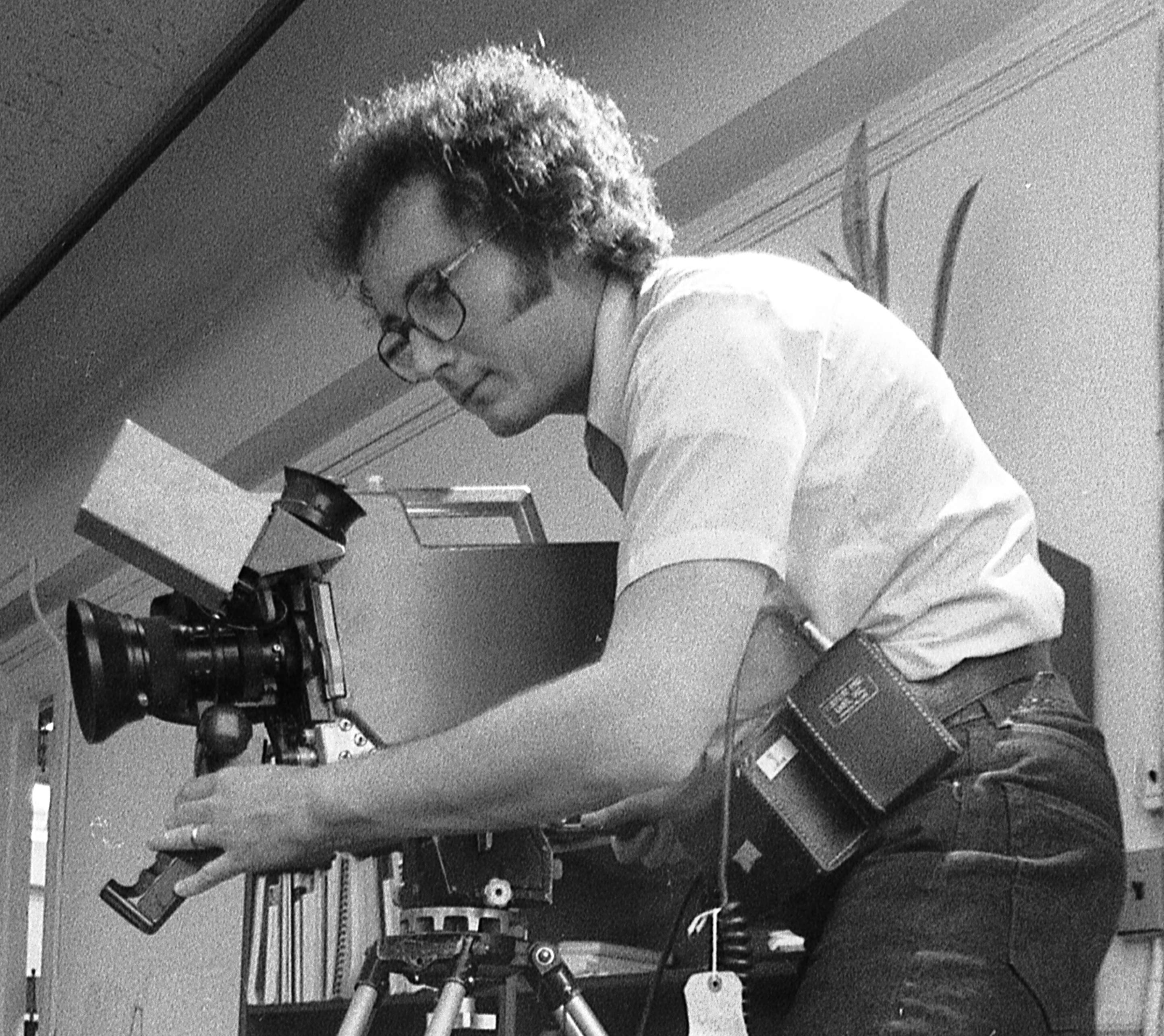FCC Envoy Urges Public Stations to Participate in Auction
ARLINGTON, VA. – First the butter, then the knife. Federal Communications Commission Media Bureau Chief Bill Lake bragged on public TV stations at the Association of Public Television Stations 2013 Media Summit this week. Then he urged them to contribute airwaves for the commission’s 2014 spectrum incentive auction.
“This year again, PBS is rated the most trusted institution in the country and the second-best use of federal tax dollars, after the military,” he said in his prepared remarks.
He noted the network’s cultural popularity by way of Big Bird’s presidential election appearance, and the mad passion for “Downton Abbey.” He noted how public stations have kept up with evolving distribution platforms through partnerships and initiatives.
He cited “Be Well Kentucky,” a collaboration among Kentucky Educational Television and community groups to produce a 13-part TV and online series examining health-care issues in the state, followed up with literacy workshops.
“When the commission was putting together its National Broadband Plan, APTS brought to our attention many other cases in which public stations have seized the opportunities presented by today’s multifaceted public service media world,” he said.
Yet challenges remain, he said. Stations continue to work toward becoming more inclusive and interactive, a la finds by the Knight Commission.
“They are challenged to pick up even more responsibility for providing the journalism our democracy needs, in light of the financial stresses hitting many newspapers,” he said.
All this, flat federal funding and fewer contributions equals lean times for Big Bird. Lake said the incentive auction would help stations in their time of need.
“Contributions of spectrum to the auction can bring a major capital infusion for cash strapped public entities,” he said. “And the options of channel-sharing, or a move from UHF to VHF offer a way for a public station to receive a capital infusion and remain on the air, continuing to serve its viewers.”
He said the auction was also offer a “one-time opportunity to address the inefficiencies of overlapping coverage and duplication of programming.”
Lake also said public stations may want the incentive auction to succeed out of a “strong interest in universal access to broadband.”
“There are reports that limited broadband has already begun to constrain the efforts of public stations to reach diverse and underserved audiences,” he said, citing an example in Nashville. There, the public TV station runs a broadband program targeting the local immigrant and refugee communities. Lack of access in rural Tennessee “hinders that objective,” he said.
“A successful incentive auction will help mobile broadband to be part of the solution,” he said.
Lake said the APTS was working with a “major law firm” to clear up the legal issues for public stations wanting to participate in the auction.
He also mentioned the October incentive auction Notice of Proposed Rulemaking, which drew 250 comments as of the Jan. 25, 2013, deadline, “roughly 70 of which were extensive,” he said. Public stations commented on how the repacking should treat stations not participating in the auctions—a concern for all TV stations.
“We’re giving careful attention to all the comments we received,” he said.
Replies on the NPRM, No. 12-68, are due March 12.
“Last Friday was the first anniversary of the passage of the Spectrum Act that launched the auction proceeding,” he said. “Even a year ago, many broadcasters found the auction concept foreign and were reticent even to think about participating.
“Now, one reads news articles about how KCSM is incorporating possible auction participation into its plans for sale Similarly, CPBI has asked in its rulemaking comments that we facilitate its contribution of WEDY to the auction. In a short year, both public and commercial stations have recognized that the auction is an economic opportunity worth considering, and participation has become an acceptable business option.”
The professional video industry's #1 source for news, trends and product and tech information. Sign up below.
